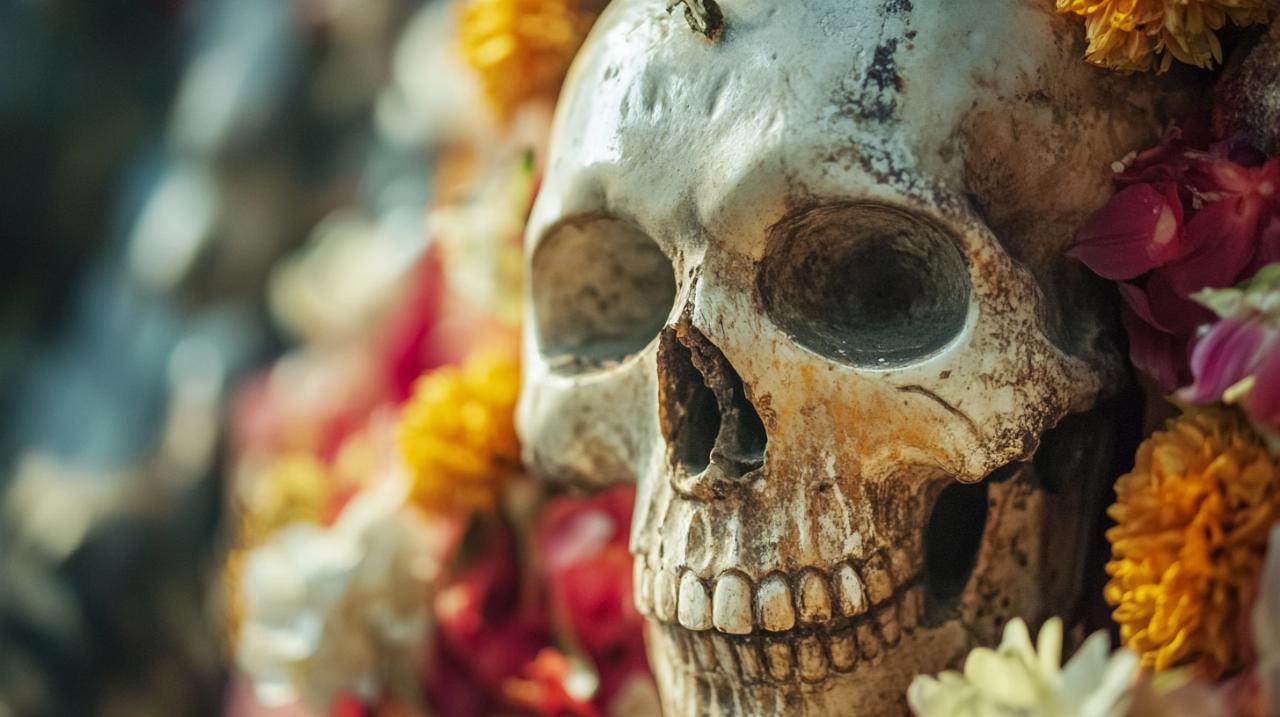In Thailand, the death penalty stands as a contentious legal punishment that continues to draw international scrutiny despite global trends toward abolition. While rarely implemented in recent years, the Kingdom maintains capital punishment as the ultimate sanction for the most serious crimes, creating a complex intersection between traditional Thai justice, royal authority, and evolving human rights standards. This examination explores how the Thai death penalty system functions and the unique role of royal clemency in determining who lives and who dies.
The thai legal framework for capital punishment
Capital offences under the thai penal code
The Thai legal system maintains capital punishment for a range of serious crimes codified in its Penal Code. Murder with aggravating circumstances tops the list of capital offences, particularly cases involving premeditation, exceptional cruelty, or multiple victims. Drug trafficking also features prominently as a capital crime, reflecting Thailand's historically stringent approach to narcotics offences. Notably, the Thai criminal code includes certain forms of treason and lèse-majesté among its capital offences, demonstrating the particular importance placed on protecting national security and the monarchy.
Judicial proceedings in death penalty cases
The journey through Thailand's capital punishment system begins with trial proceedings governed by the Criminal Procedure Code. Cases potentially carrying the death sentence receive heightened scrutiny within the court system. After a verdict in the Court of First Instance, defendants face a structured appeals process that can progress through the Appeals Court to the Supreme Court of Thailand. Throughout these proceedings, the burden of proof rests with the prosecution to establish guilt beyond reasonable doubt, though critics have raised concerns about the consistency with which this standard is applied. Death sentences must be confirmed by higher courts before becoming final, creating a multi-tiered review process intended to minimise the risk of wrongful execution.
Evolution of Execution Methods in Thailand
From firing squad to lethal injection
Thailand's approach to carrying out death sentences has undergone significant modernisation over recent decades. Historically, condemned prisoners faced execution by firing squad, a method that remained standard practice until the early 21st century. In 2003, Thailand made a notable shift toward what authorities considered a more humane approach by adopting lethal injection as its sole method of execution. This change reflected broader global trends in execution protocols and represented Thailand's attempt to align capital punishment with contemporary standards. The transition involved not just technical changes in methodology but also adjustments to facilities and staff training at Bang Kwang Central Prison, where executions are carried out.
Frequency and Implementation of Executions
Despite maintaining the death penalty in law, Thailand implements capital punishment relatively infrequently. Executions occur sporadically, with significant gaps between implementations. For instance, Thailand executed no prisoners between 2009 and 2018, creating a de facto moratorium that many observers hoped might lead to formal abolition. However, in 2018, Thailand resumed executions with the lethal injection of a convicted murderer, signalling the continued willingness of authorities to implement the ultimate punishment. This pattern of sporadic implementation creates uncertainty for the several hundred prisoners who typically remain on death row at any given time, many serving lengthy periods in a state of legal limbo as their cases progress through appeals or clemency considerations.
Royal Clemency and the King's Pardoning Powers
The process of seeking royal mercy
A distinctive feature of Thailand's capital punishment system is the significant role of royal clemency as the final possible reprieve for condemned prisoners. After exhausting all judicial appeals, death row inmates may petition for the King's mercy through a formal clemency process. These petitions typically emphasise factors such as remorse, rehabilitation, family circumstances, or humanitarian considerations. The Ministry of Justice reviews these applications before forwarding recommendations to the Royal Household. This process represents more than merely administrative procedure; it embodies the traditional Thai conception of the monarchy as a source of mercy and justice above the ordinary legal system. For many on death row, royal clemency represents their final hope after all legal remedies have been exhausted.
Notable cases of royal intervention
The history of royal clemency in Thailand includes several noteworthy instances where monarchical intervention transformed the fate of condemned prisoners. Royal pardons have been granted in high-profile cases that attracted significant public attention or international advocacy. In some instances, death sentences have been commuted to life imprisonment during royal amnesties associated with significant national celebrations or royal milestones. These acts of mercy showcase the continuing relevance of the royal prerogative in Thailand's justice system and highlight the unique position of the monarchy as both the symbolic head of state and a practical check on the judicial system's ultimate penalty.
International pressure and human rights perspectives
Amnesty international and global advocacy efforts
Thailand faces ongoing pressure from the international community regarding its retention of capital punishment. Organisations like Amnesty International consistently monitor Thailand's death penalty cases and advocate for abolition through reports, campaigns, and diplomatic channels. Countries that have abolished capital punishment, including Canada and numerous European nations, regularly raise the issue in bilateral relations and multilateral forums. This international scrutiny intensifies when cases involve foreign nationals, creating diplomatic complications that sometimes influence case outcomes. The global trend toward abolition provides context for these advocacy efforts, as Thailand remains among a diminishing number of countries that continue to maintain and implement the death penalty.
Legal representation and fair trial concerns
Access to effective legal representation remains a critical concern in Thai capital cases. Human rights observers have highlighted disparities in the quality of defence available to defendants based on economic status, with impoverished defendants often receiving inadequate representation. Criminal defence barristers with expertise in capital litigation play a crucial role in ensuring procedural fairness, though their availability varies significantly. Fair trial concerns extend beyond legal representation to issues of evidence standards, potential coercion during investigations, and judicial independence. These procedural justice considerations have particular weight in capital cases, where errors cannot be remedied after execution. International human rights mechanisms continue to scrutinise these aspects of Thailand's justice system, especially in cases where the ultimate penalty may be applied.
The Cultural and Social Context of Thailand's Death Penalty
The death penalty remains a legal form of punishment in Thailand's justice system, though its application sparks considerable debate both domestically and on the international stage. Thai law permits capital punishment for various serious offences, including aggravated murder, major drug trafficking, and certain acts deemed treasonous or disrespectful to the Royal Family. The legal framework supporting this punishment is enshrined in Thailand's Penal Code, which specifies capital offences, whilst the Criminal Procedure Code governs the judicial proceedings.
When individuals face capital charges in Thailand, they retain the right to appeal their verdicts to higher judicial bodies, including the Supreme Court. Organisations such as Amnesty International maintain vigilant oversight of capital cases in Thailand, advocating for abolition and raising concerns about the fairness of trials. Historically, Thailand carried out executions by firing squad, but the method has since transitioned to lethal injection. Though executions occur infrequently, they continue to be implemented.
Public Opinion and Societal Views on Capital Punishment
Thai society holds complex views regarding capital punishment, with notable segments of the population supporting its retention. Many Thais see the death penalty as an appropriate response to the most heinous crimes, particularly those involving drug trafficking, which is perceived as a significant social harm. This perspective is often rooted in Buddhist principles of karma and justice, though interpretations vary widely among religious scholars and practitioners.
The Royal Thai government faces mounting pressure from nations like Canada and human rights organisations to abolish capital punishment, mirroring the global trend toward elimination. During certain periods, Thailand has suspended executions, yet the death penalty remains codified in law, with advocacy groups continuing their campaign for legislative change. The Thai public's stance on capital punishment reflects broader social values regarding crime, punishment and rehabilitation, with ongoing dialogue about whether the practice aligns with modern conceptions of justice.
Media Coverage and National Discourse on Executions
When executions take place in Thailand, they typically generate significant media attention, with news outlets covering various aspects of capital cases from arrest through to final disposition. The tone and framing of this coverage can substantially influence public perception of both specific cases and the death penalty generally. Thai-language newspapers, television programmes, and social media platforms serve as primary venues for national discourse on these matters.
Cases involving foreign nationals tend to receive heightened scrutiny, particularly when the accused comes from a country that has abolished the death penalty. These situations often highlight tensions between Thailand's sovereign legal system and international human rights standards. For individuals facing capital charges in Thailand, securing proper legal representation, including specialist criminal defence expertise, proves essential to ensuring fair treatment under the law. The quality of legal advocacy can dramatically affect case outcomes, underscoring disparities in access to justice within the system.







